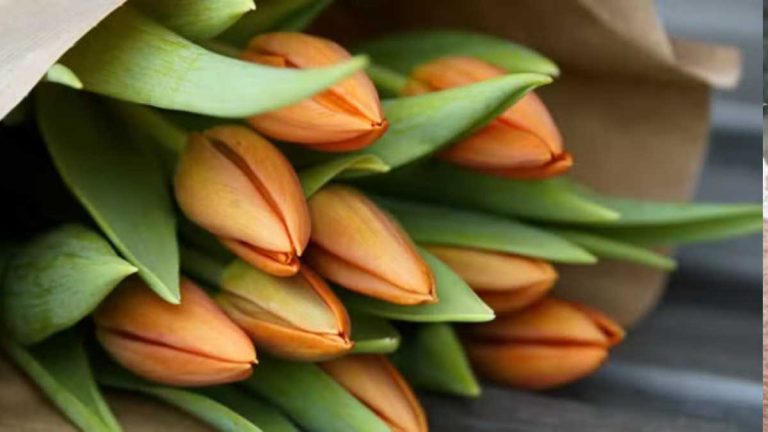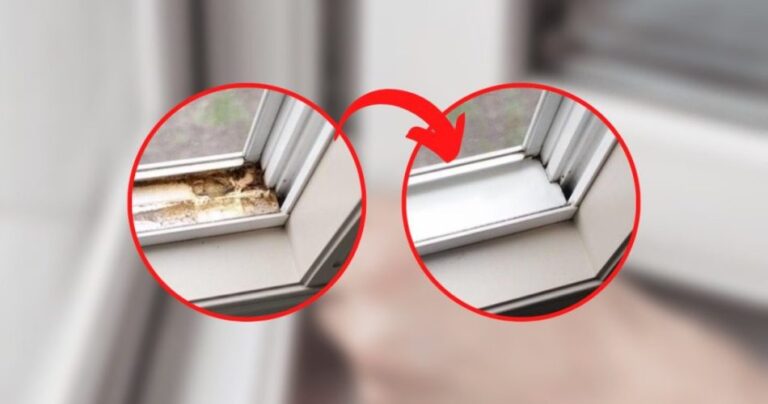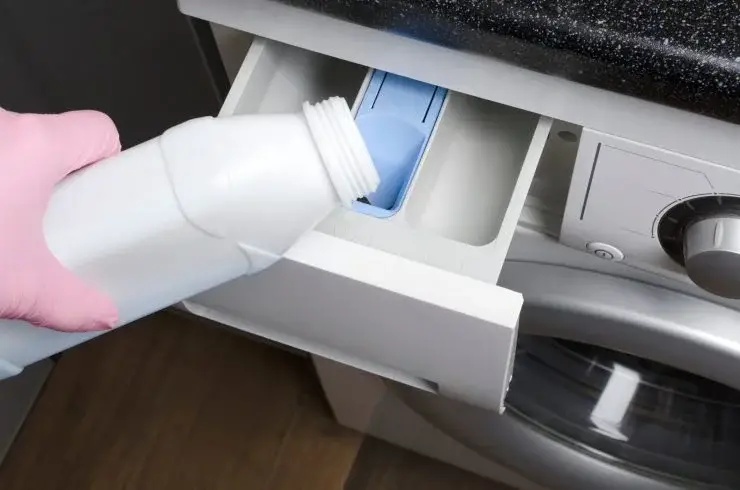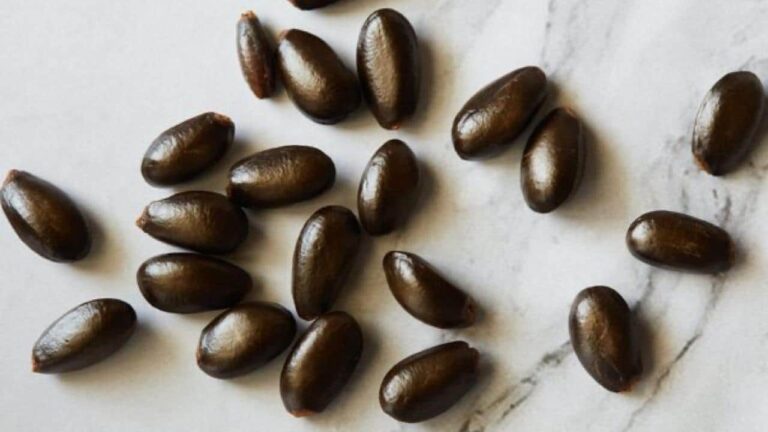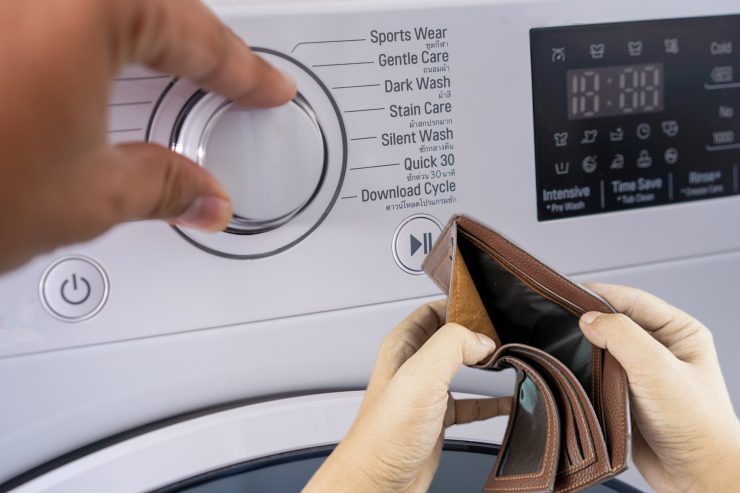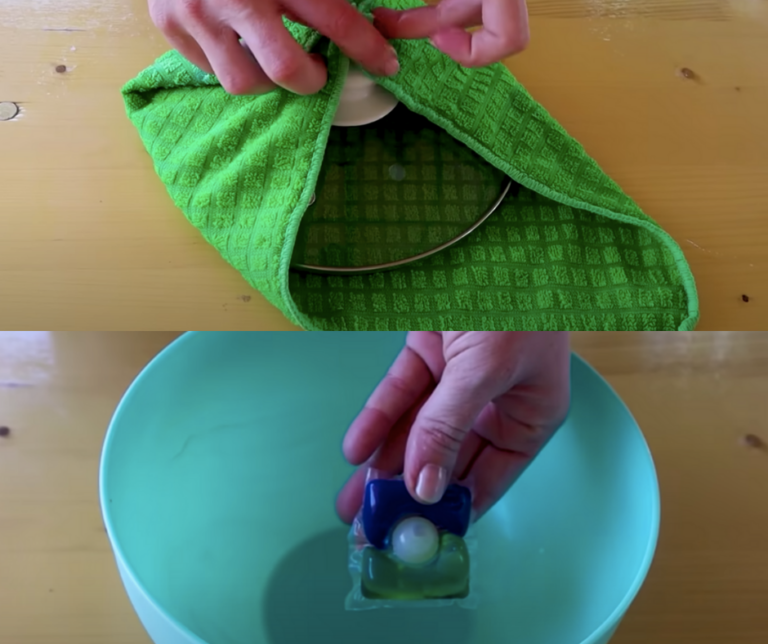Don’t fall into the trap: Why buying tulips now is not the best idea!
Don’t fall into the trap: Why buying tulips now is not the best idea!
Roses, especially when they arrive from the other side of the world at this time of year, pose problems regarding environmental pollution, working conditions and pesticide use. This is something most of us understand. But what about tulips? Are they a better and more sustainable alternative? We investigate.
Flowers make you happy! Cut flowers abound in supermarkets and garden centers these days: roses, but also tulips and the first daffodils. These colorful bouquets add a cheerful, spring touch to our boring January and February interiors. Plus, these colorful bouquets are usually very affordable.
We have already talked about the problems associated with roses (environmental balance, working conditions and use of pesticides). But what about the French’s second favorite cut flower, the tulip? What about the environmental balance and the use of pesticides? We asked two experts the question.
Energy needs, pesticides and monocultures: the problems of tulips
Amid the enthusiasm for colorful flowers, it’s sometimes easy to forget that even tulips present some problems:
- Outdoor tulips will be available from the end of March at the earliest. The tulips sold today usually come from the Netherlands, which involves long transport routes.
- The tulips currently on sale come from greenhouses with enormous energy needs. “The ecological balance of greenhouse tulips is quite bad,” explains Emma Auerbach, spokesperson for the Slowflower movement, in an interview with Utopia.
- Traditional tulips from the Netherlands are treated with pesticides (more on that later).
- Despite the beauty of the huge tulip fields, these are monocultures with all the associated problems such as the loss of biodiversity and the emergence of resistant pests and diseases.
- Dutch tulips are mass-produced products: more than two billion tulips are produced in the Netherlands every year and half of these tulips are exported to Germany.
Dutch tulips are contaminated by pesticides
Traditional tulips from the Netherlands are treated with pesticides. “Synthetic chemical pesticides are used in tulip cultivation depending on pest pressure and fungal infestation,” explains pesticide expert Corinna Hölzel. “However, pesticide regulations in the EU are stricter than in countries in the global south. It does not depend on the type of flower. Therefore, flowers from countries outside the EU are often more contaminated with pesticides. »
Where do tulips come from in winter?
The origin of the roses, tulips and other flowers that we have at our disposal in winter and spring is difficult to determine and there are no statistics on the matter. “The plant passport only indicates the location of the last cultivation stage,” explains Corinna Hölzel. “If the plant was transplanted in the Netherlands or allowed to grow there for a few more weeks, the Netherlands is indicated and not the country of origin. »
Most tulips come from greenhouses in the Netherlands, but not all. Corinna Hölzel emphasizes: “There are so many tulips that, in terms of quantity, not all of them can come from the Netherlands.” And even if this is the case, the young plants or bulbs come from the global south. A small bit of evidence supporting this hypothesis is our 2022 ornamental plant test. Dehner’s potted tulip contained prochloraz, a pesticide that is not approved in the EU. »
Tips for buying tulips in February
If you now want to add a colorful touch to your interior, choose tulips from a regional nursery. Otherwise, certified organic or slow-flowering tulips are the best option. “At the moment, I would advise against any other type of tulip; Strictly speaking, it is not yet tulip season,” says Emma Auerbach.
Buy tulips instead of roses?
Now the question arises: Are tulips from the Netherlands better than roses from East Africa? We asked this question to Corinna Hölzel. Her answer: “Yes, tulips from the Netherlands are better than roses from Africa, simply because they have shorter transport routes and arrive by truck rather than by plane (at least the cut roses). »
Emma Auermach generally advises against buying flowers on Valentine’s Day, whether tulips or roses. “An organic fair trade rose may be more sustainable than a non-organic tulip grown in a greenhouse in the Netherlands, but it also works the other way around.
